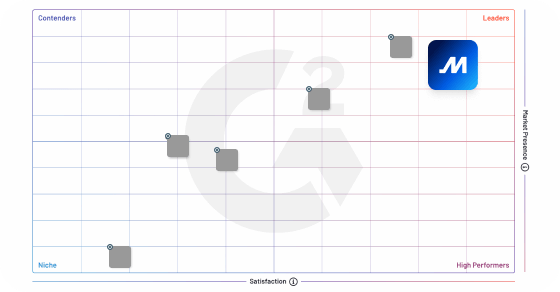The ELD mandate is a regulation set by the Federal Motor Carrier Safety Administration (FMCSA) that requires commercial motor carriers and truck drivers in the U.S. to use an electronic logging device to track and record their hours of service (HOS). The mandate seeks to improve road safety by reducing driver fatigue and ensuring that drivers comply with HOS regulations.
The ELD mandate requires that all commercial motor vehicles, which includes trucks and buses, that are subject to HOS regulations use a certified ELD to record their hours. This device records the driver’s on-duty and off-duty status, driving time, and other required data. The ELD must be connected to the vehicle’s engine and automatically record the vehicle’s movement.
The ELD mandate applies to most drivers who are required to maintain a Record of Duty Status (RODS) and operate a commercial motor vehicle. There are a few exceptions, such as drivers who operate under the short-haul exemption, drive vehicles older than 2000 models, drive rental trucks for eight days or less, and drive vehicles used for agricultural purposes.
Frequently Asked Questions
What is the ELD mandate?
The ELD mandate is a regulation requiring commercial motor vehicles to use electronic logging devices (ELDs) to track drivers’ hours of service. The mandate is intended to improve safety on the road by reducing the likelihood of driver fatigue and ensuring compliance with hours-of-service regulations. The ELDs record data such as engine hours, vehicle movement, and miles driven to accurately track a driver’s hours. Compliance with the ELD mandate became mandatory in December 2019.
What drivers are exempt from ELD use?
Some drivers are exempt from using electronic logging devices (ELDs) and can continue to use paper logs. Exemptions include drivers who operate under the short-haul exemption, drive vehicles manufactured before the year 2000, conduct drive-away-tow-away operations, or operate within a 150-air-mile radius. Additionally, drivers who maintain records of duty status for fewer than eight days in a 30-day period are also exempt from ELD use.
Can you run a truck without an ELD?
No, in most cases, commercial trucks are required to have an electronic logging device (ELD) installed and operational. The Federal Motor Carrier Safety Administration (FMCSA) has mandated the use of ELDs to record a driver’s hours of service (HOS) electronically. ELDs help ensure compliance with HOS regulations and replace traditional paper logs. Failure to have an ELD when required can result in penalties and violations for non-compliance with regulations.
Am I required to use an ELD?
If you operate a commercial motor vehicle (CMV) that is subject to the hours-of-service (HOS) rules, then you are required to use an electronic logging device (ELD) to record your HOS data, unless you qualify for an exception. The ELD must meet the technical specifications outlined by the Federal Motor Carrier Safety Administration (FMCSA). The ELD rule is intended to create a safer work environment for drivers, and to make it easier and faster to accurately track, manage, and share RODS data.



